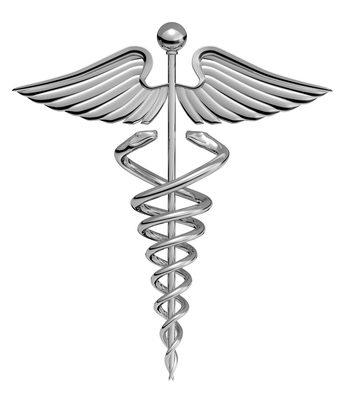The cost of health insurance continues to skyrocket, and many people are asking if Health Care Sharing Ministries are a good idea for them. There is a lot of debate on the organizations, much of it coming from insurance companies. They argue that these sharing ministries are not true insurance and that they are not regulated like the insurance industry is.
What is a Health Care Sharing Ministry?
In case you haven’t heard the term, here is a definition. These are faith-based organizations that collect monthly contributions from members and then redistribute them to cover healthcare expenses. In the United States, the four major organizations are Christian Healthcare Ministries, Medi-Share, Liberty HealthShare and Samaritan. They operate differently in some cases, but all of them require members to profess an evangelical Christian faith, to attend church and to abstain from things like alcohol and drug abuse and extra-marital sex.
Related resource: Top 10 Best Online Master of Health Administration Degree Programs (MHA)
The ministries are different from regular insurance in several ways. They are not “actuarial contracts.” When you purchase insurance, you are making a contract with an actuary who is adept at risk management and investments. In return for your premiums, you are guaranteed a certain amount of your medical expenses will be covered. You are making an investment against the possibility that you will become ill or have an accident. The healthcare ministries are addressing needs that have already occurred. Insurance is regulated by the federal or state government. There is no regulatory agency for these ministries. There are, however, some important advantages and disadvantages.
Advantages
• The Ministries are cheaper.
They collect monthly shares that are less expensive than insurance premiums. Samaritan charges $350 for a family or $135 for an individual.
• You don’t have to deal with national health insurance websites.
• They are non-profit.
The average administrative cost of the organizations is 8.33 percent of revenues.
• Some of the organizations will share travel expenses.
This may be dependent upon whether the travel to another area results in medical charges that are dramatically reduced. In one organization, the qualifying figure for savings is 30 percent.
• There is no pre-treatment authorization.
• They will not cover costs for abortions.
Many evangelical Christians object to paying premiums to a corporation that covers what they see as a sinful procedure.
Disadvantages
• The money may be slow in coming.
Unlike insurance claims which are negotiated with the provider, members pay their own bills dependent upon the availability of shares. They submit the bills and the ministry either apportions part of the shares, or instructs other members to send their share fees to the person with the need. That all takes time, and the member may have to negotiate a temporary payment plan until he receives his benefits.
• Members do the paperwork.
With regular healthcare insurance, the facility or provider fills out the insurance forms and submits them. With the health share ministries, making payments and keeping records falls to the member.
• Many things are not covered.
Typically, things like preventative care, immunizations, dental work, exams, maintenance drugs and diagnostic tests are not covered.
• The funds may run out.
If more needs arise in a time period than shares come in, the total need may not be met. There is no guarantee that the fund will cover a certain percentage of the bill.
There are some similarities between the ministries and insurance. There are certain exclusions and there are deductibles and some caps on the amount of the need that is covered. Still, there is no regulation and, If you are a member of a healthshare, you do not technically have insurance. There are many things to consider when deciding if membership in one of the Health Care Sharing Ministries is for you.
